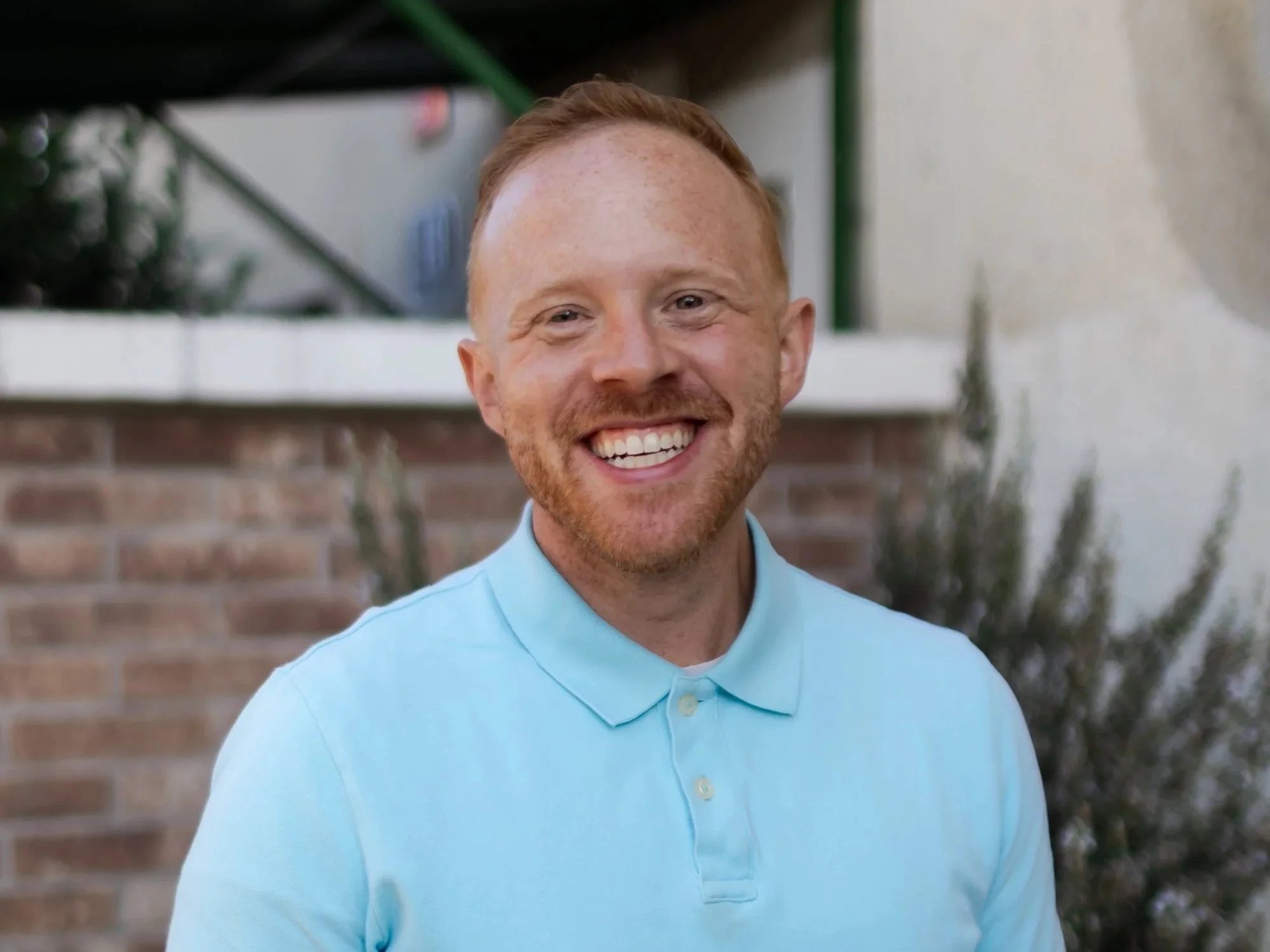An Urban Error (Or: If We've Been Wrong About Our Cities - What Does That Mean?)
I came across this article by thisisplace.org recently about population growth in urban centers. And I found what it discusses to honestly be mind-blowing. But the premise of the article is also pretty simple:
We've had it all wrong about cities.
The article is based on research by the European Commission, which claims that our (United Nations' developed) numbers on global urban population is completely incorrect.
Here's a snippet from the article:
“The United Nations predicts the world’s urban population is expected to grow to 70 percent by 2050 from 55 percent at present after becoming majority urban for the first time around 2008.
Not so, say researchers based at the European Commission.
Using a definition made possible by advances in geospatial technology that uses high-resolution satellite images to determine the number of people living in a given area, they estimate 84 percent of the world’s population, or almost 6.4 billion people, live in urban areas.”
In summary? Our world is much much more urban than most of us have believed.
What are the implications of this (potential) error?
As pointed out by the author of this article, one of the biggest issues this potential discrepancy produces is the fact that much humanitarian aid has been sent to rural areas in recent years because of the belief that there is still a large percentage of people living outside the city limits.
If we've had the numbers wrong, it could mean that we have been under-resourcing and under-serving our urban cities when it comes to aid for those who are displaced, marginalized, and in need.
Stop and think about it for a second. The UN has been estimating our current urban percentage at 55% and this recent study is claiming that it is closer to 84%.
84% of the world are city dwellers.
This means that our approach as the Church HAS to be focused on our urban centers. Urban ministry, however that is defined by your language and context, must be a central focus of each and every church. The nations have come to our cities and we have the responsibility to respond (both well and quickly) with the declaration and demonstration of the love of Jesus Christ.
We don't have time to figure our urban ministry.
We should have started yesterday. But (if you haven't) today is the next best time.
The time is now to be actively engaged as children of God in our urban centers around the world. We can no longer say the cities are the future homes of the world - they are the PRESENT. We will make mistakes as we engage our cities and that is okay, but we must get started.
And our focus NEEDS to be on relationships as we engage our cities with the Kingdom of God.
As Alan Hirsch shares in his transformational book The Forgotten Ways, we need to find ways to live life with people where they are at and bring the Good News of Jesus into their culture. This will look differently based on the city, sub-culture, and ethnicity - but it must be focused on listening, being neighborly, and engaging your target culture in a relational (contrasted to transactional) manner.
I am excited for the opportunities the Church is presented with as the four corners of the world congregate together in our cities. But this also comes with great responsibility. We must be good stewards of this opportunity but also responsible Christ-followers as we address the physical, emotional, spiritual, and educational pieces of the lives of our neighbors.
From humanitarian aid and church planting to businesses and agriculture, EVERYTHING could be turned on it's head if this report ends up being confirmed.
With the possibility of our world being much more urban than we thought, what do you need to be doing different? If this is true, how would it effect what you do, how you live, and how you engage your closest urban center?
Comment below with your thoughts on this report and its' implications.





